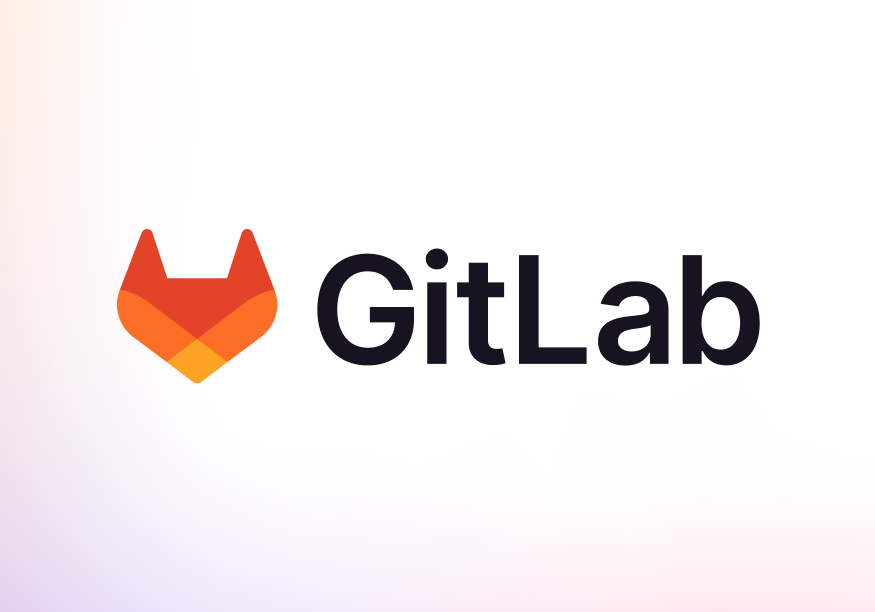GitLab recently conducted a comprehensive survey, shedding light on developers’ perspectives regarding the role of AI in software development. Titled ‘The State of AI in Software Development,’ the report compiles insights from over 1,000 global senior technology executives, developers, and professionals in security and operations.
The findings reveal a nuanced relationship between the enthusiasm for AI adoption and concerns surrounding data privacy, intellectual property, and security.
Balancing Act: AI Enthusiasm vs. Security Concerns
While 83% of respondents consider AI implementation essential for staying competitive, an equally substantial 79% harbour concerns about AI tools accessing sensitive information and intellectual property.
Boosting Productivity and Security Dilemmas
AI is widely seen as a boon for developer productivity, with 51% of respondents highlighting it as a critical benefit of AI integration. However, security professionals are apprehensive that AI-generated code may introduce more security vulnerabilities, potentially increasing their workload.
The survey unveils a stark contrast: Currently, only 7% of developers’ time is spent identifying and mitigating security vulnerabilities, compared to 11% allocated to testing code. This raises questions about the growing divide between developers and security professionals in the AI era.
Privacy and Intellectual Property: Top Priorities
Data privacy and intellectual property protection are paramount considerations when selecting AI tools. An overwhelming 95% of senior technology executives prioritize these aspects when choosing AI solutions.
Moreover, 32% of respondents admit to being “very” or “extremely” concerned about introducing AI into the software development lifecycle. Among this group, 39% are worried about AI-generated code raising security vulnerabilities. Meanwhile, 48% express concerns that AI-generated code may not receive the same copyright protection as human-produced code.
AI Skills Gap: A Disconnect
Despite optimism about AI’s potential, the report identifies a disconnect between organizations’ provision of AI training resources and practitioners’ satisfaction. While 75% of respondents state that their organizations offer training and resources for using AI, an equal proportion feel the need to seek additional resources independently, suggesting that available training may be insufficient.
81% of respondents express the need for more training to utilize AI in their daily work effectively. Furthermore, 65% of those planning to incorporate AI into software development indicate that their organizations plan to hire new talent to manage AI implementation.
Unlocking AI’s Potential
David DeSanto, Chief Product Officer at GitLab, emphasizes the need for AI to be integrated across the software development lifecycle, benefiting developers and everyone involved in delivering secure software. He notes that AI can boost productivity and collaboration in nearly 60% of developers’ day-to-day work.
In conclusion, while AI holds immense promise for the software development industry, GitLab’s report underscores the importance of addressing cybersecurity and privacy concerns, bridging the skills gap, and fostering collaboration between developers and security professionals as pivotal to the successful adoption of AI.

